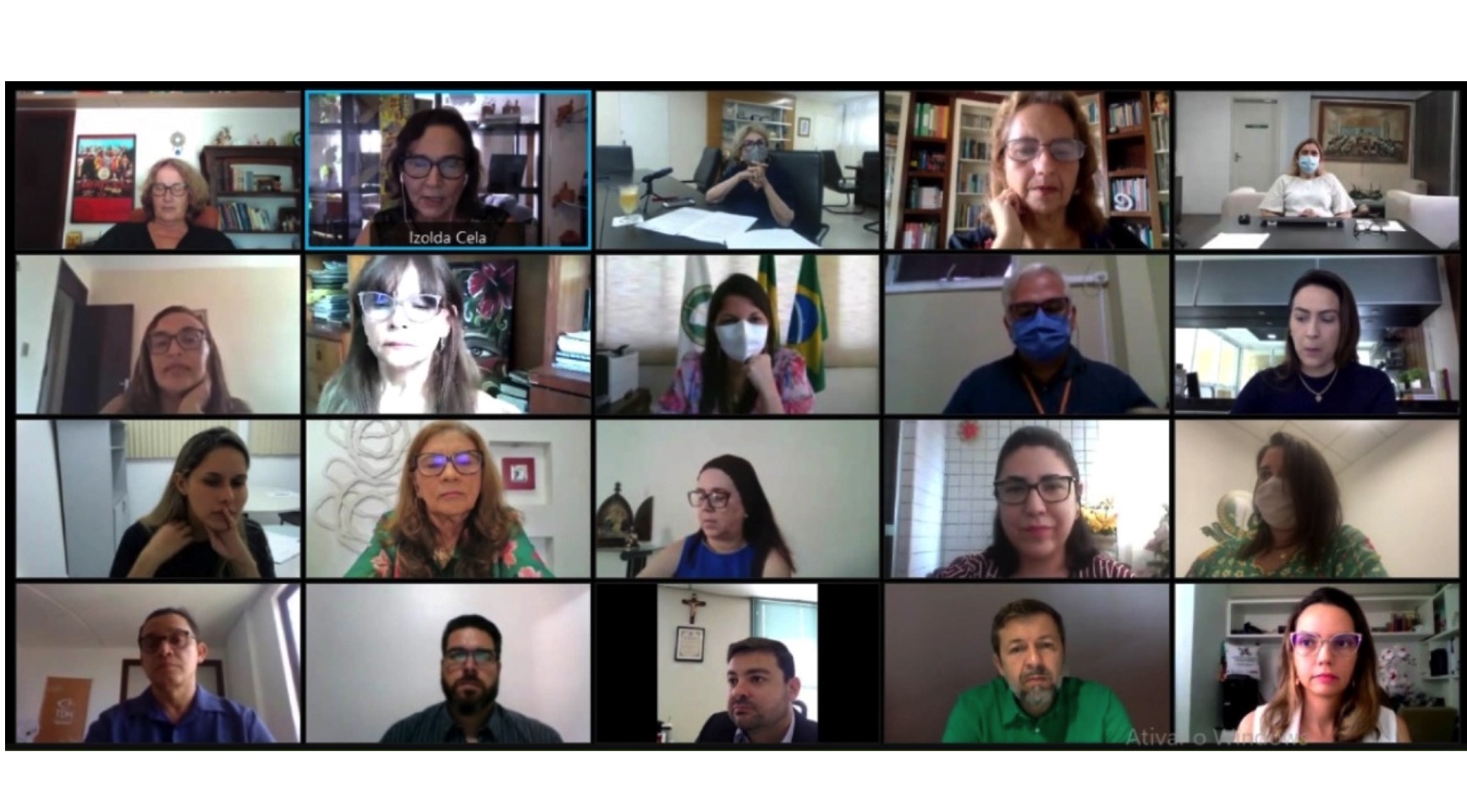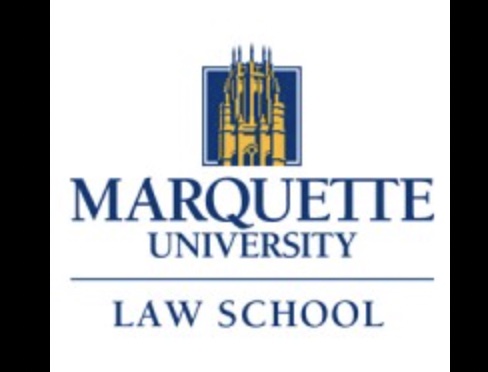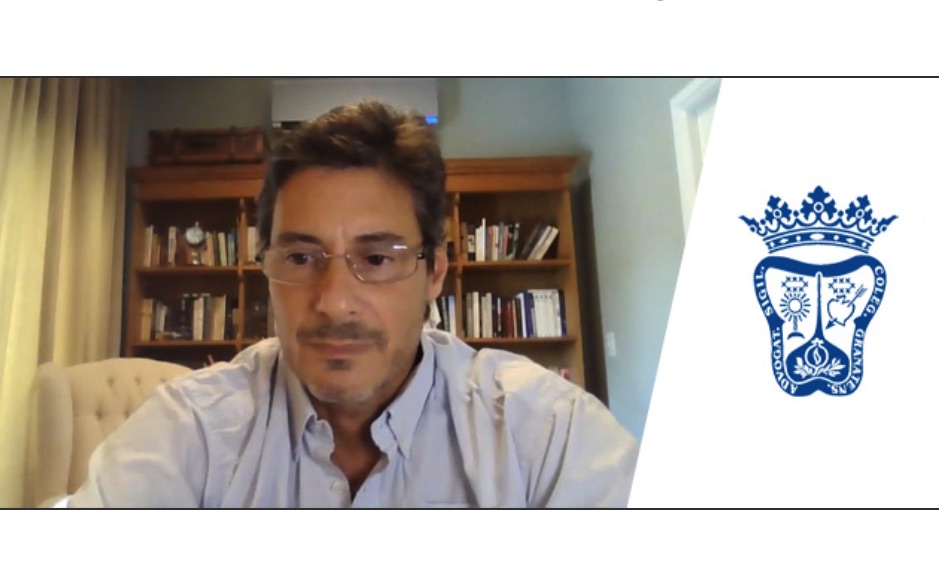. . HUMAN RIGHTS . .
A report from Amnesty International
In May 2021, Palestinian families in Sheikh Jarrah, a neighbourhood in occupied East Jerusalem, began protesting against Israel’s plan to forcibly evict them from their homes to make way for Jewish settlers. Many of the families are refugees, who settled in Sheikh Jarrah after being forcibly displaced around the time of Israel’s establishment as a state in 1948. Since Israel occupied East Jerusalem and the rest of the West Bank in 1967, Palestinians in Sheikh Jarrah have been continuously targeted by Israeli authorities, who use discriminatory laws to systematically dispossess Palestinians of their land and homes for the benefit of Jewish Israelis.
 video by Amnesty
video by Amnesty
In response to the demonstrations in Sheikh Jarrah, thousands of Palestinians across Israel and the Occupied Palestinian Territories (OPT) held their own protests in support of the families, and against their shared experience of fragmentation, dispossession, and segregation. These were met with excessive and deadly force by Israeli authorities with thousands injured, arrested and detained.
The events of May 2021 were emblematic of the oppression which Palestinians have faced every day, for decades. The discrimination, the dispossession, the repression of dissent, the killings and injuries – all are part of a system which is designed to privilege Jewish Israelis at the expense of Palestinians.
This is apartheid.
Amnesty International’s new investigation shows that Israel imposes a system of oppression and domination against Palestinians across all areas under its control: in Israel and the OPT, and against Palestinian refugees, in order to benefit Jewish Israelis. This amounts to apartheid as prohibited in international law.
Laws, policies and practices which are intended to maintain a cruel system of control over Palestinians, have left them fragmented geographically and politically, frequently impoverished, and in a constant state of fear and insecurity.
DOWNLOAD THE FULL REPORT
WHAT IS APARTHEID?
Apartheid is a violation of public international law, a grave violation of internationally protected human rights, and a crime against humanity under international criminal law.
The term “apartheid” was originally used to refer to a political system in South Africa which explicitly enforced racial segregation, and the domination and oppression of one racial group by another. It has since been adopted by the international community to condemn and criminalize such systems and practices wherever they occur in the world.
The crime against humanity of apartheid under the Apartheid Convention, the Rome Statute and customary international law is committed when any inhuman or inhumane act (essentially a serious human rights violation) is perpetrated in the context of an institutionalised regime of systematic oppression and domination by one racial group over another, with the intention to maintain that system.
Apartheid can best be understood as a system of prolonged and cruel discriminatory treatment by one racial group of members of another with the intention to control the second racial group.
TAKE OUR COURSE
Amnesty International has created a free 90-minute course called “Deconstructing Israel’s Apartheid Against Palestinians”. To learn more about the crime of apartheid in international law, what apartheid looks like in Israel/OPT, and how it affects Palestinians’ lives, sign up to our course on Amnesty International’s human rights education academy.
WHY IS AMNESTY INTERNATIONAL CAMPAIGNING AGAINST APARTHEID?
Apartheid is not acceptable anywhere in the world. So why has the world accepted it against Palestinians?
Human rights have long been side-lined by the international community when dealing with the decades-long struggle and suffering of Palestinians. Palestinians facing the brutality of Israel’s repression have been calling for an understanding of Israel’s rule as apartheid for over two decades. Over time, a broader international recognition of Israel’s treatment of Palestinians as apartheid has begun to take shape.
Yet, governments with the responsibility and power to do something have refused to take any meaningful action to hold Israel accountable. Instead, they have been hiding behind a moribund peace process at the expense of human rights and accountability. Unfortunately, the situation today is one of no progress towards a just solution and worsening human rights for Palestinians.
Amnesty is calling for Israel to end the international wrong, and crime, of apartheid, by dismantling measures of fragmentation, segregation, discrimination, and deprivation, currently in place against the Palestinian population.
TELL ISRAEL: DEMOLISH APARTHEID, NOT PALESTINIAN HOMES
The Palestinian experience of being denied a home is at the heart of Israel’s apartheid system. That’s why, as a first step towards dismantling this system, we are calling on Israel to end the practice of home demolitions.
Palestinian families need people to stand with them against injustice and discrimination, by taking action to help them protect their homes.
TAKE ACTION
ISRAEL’S SYSTEM OF OPPRESSION AND DOMINATION OF PALESTINIANS
Since the establishment of the State of Israel in 1948, successive governments have created and maintained a system of laws, policies, and practices designed to oppress and dominate Palestinians. This system plays out in different ways across the different areas where Israel exercises control over Palestinians’ rights, but the intent is always the same: to privilege Jewish Israelis at the expense of Palestinians.
Israeli authorities have done this through four main strategies:
Fragmentation into domains of control: At the heart of the system is keeping Palestinian separated from each other into distinct territorial, legal and administrative domains
Dispossession of land and property: Decades of discriminatory land and property seizures, home demolitions and forced evictions
Segregation and control: A system of laws and policies that keep Palestinians restricted to enclaves, subject to several measures that control their lives, and segregated from Jewish Israelis
Deprivation of economic & social rights: The deliberate impoverishment of Palestinians keeping them at great disadvantage in comparison to Jewish Israelis
FRAGMENTATION INTO DOMAINS OF CONTROL
In the course of establishing Israel as a Jewish state in 1948, Israel expelled hundreds of thousands of Palestinians and destroyed hundreds of Palestinian villages, in what amounted to ethnic cleansing.
Since then, successive governments have designed laws and policies to ensure the continued fragmentation of the Palestinian population. Palestinians are confined to enclaves in Israel, the West Bank and the Gaza Strip, and the refugee communities, where they are subject to different legal and administrative regimes. This has had the effect of undermining family, social and political ties between Palestinian communities and suppressing sustained dissent against the apartheid system; it also helps to maximise Jewish Israeli control over land and maintain a Jewish demographic majority.
Millions of Palestinians remain displaced as refugees and continue to be physically isolated from those residing in Israel and the OPT through Israel’s continuous denial of their right to return to their homes, towns and villages.
DISPOSSESSION OF LAND AND PROPERTY
Since 1948, Israel has enforced massive and cruel land seizures to dispossess Palestinians of their land and homes. Although Palestinians in Israel and the OPT are subjected to different legal and administrative regimes, Israel has used similar land expropriation measures across all areas – for example, since 1948, Israel has expropriated land in areas of strategic importance that include significant Palestinian populations such as the Galilee and the Negev/Naqab, and used similar measures in the OPT following Israel’s military occupation in 1967. In order to maximize Jewish Israeli control over land and minimize the Palestinian presence, Palestinians have been confined to separate, densely populated enclaves. While Israeli policies have allowed for the discriminatory allocation of state land to be used almost exclusively to benefit Jewish Israelis both inside of Israel and in the OPT.
(continued in right column)
(click here for the article in French or click here for the article in Spanish.).)
Question related to this article:
Israel/Palestine, is the situation like South Africa?
(continued from left column)
SEGREGATION AND CONTROL
Successive Israeli governments have pursued a strategy of establishing domination through discriminatory laws and policies which segregate Palestinians into enclaves, based on their legal status and residence.
Israel denies Palestinian citizens their rights to equal nationality and status, while Palestinians in the OPT face severe restrictions on freedom of movement. Israel also restricts Palestinians’ rights to family unification in a profoundly discriminatory manner: for example, Palestinians from the OPT cannot gain residency or citizenship through marriage, which Jewish Israelis can.
Israel also places severe limitations on Palestinians’ civil and political rights, to suppress dissent and maintain the system of oppression and domination. For example, millions of Palestinians in the West Bank remain subject to Israel’s military rule and draconian military orders adopted since 1967.
DEPRIVATION OF ECONOMIC AND SOCIAL RIGHTS
These measures have left Palestinians marginalized, impoverished and economically disadvantaged across Israel and the OPT.
Decades of discriminatory allocation of resources by Israeli authorities, for the benefit of Jewish Israeli citizens in Israel and Israeli settlers in the OPT, compound these inequalities. For example, millions of Palestinians inside of Israel and East Jerusalem live in densely populated areas that are generally underdeveloped and lack adequate essential services such as garbage collection, electricity, public transportation and water and sanitation infrastructure.
Palestinians across all areas under Israel’s control have fewer opportunities to earn a living and engage in business than Jewish Israelis. They experience discriminatory limitations on access to and use of farmland, water, gas and oil amongst other natural resources, as well as restrictions on the provision of health, education and basic services.
In addition, Israeli authorities have appropriated the vast majority of Palestinians’ natural resources in the OPT for the economic benefit of Jewish citizens in Israel and in the illegal settlements.
LIFE UNDER APARTHEID
DENIED A HOME: DEMOLITIONS AND FORCED EVICTIONS
Palestinians are systematically subjected to home demolitions and forced evictions, and live in constant fear of losing their homes.
For more than 73 years, Israel has been forcibly displacing entire Palestinian communities. Hundreds of thousands of Palestinians’ homes have been demolished, causing terrible trauma & suffering. More than 6 million Palestinians remain refugees, the vast majority of whom live in refugee camps including outside of Israel/OPT. There are over 100,000 Palestinians in the OPT and another 68,000 inside of Israel at imminent risk of losing their homes, many for the second or third time.
Palestinians are caught in a Catch-22 situation. Israel requires them to obtain a permit to build or even erect a structure such as a tent, but – unlike Jewish Israeli applicants – rarely issues them a permit. Many Palestinians are forced to build without permits. Israel then demolishes Palestinian homes on the basis that they were built “illegally”. Israel uses these discriminatory planning and zoning policies to create unbearable living conditions to force Palestinians to leave their homes to allow for the expansion of Jewish settlement.
Mohammed Al-Rajabi, a resident of Al-Bustan area in Silwan, whose home was demolished by Israeli authorities on 23 June 2020 on the basis that it was built “illegally”, described to Amnesty International the devastating impact on his family:
FRAGMENTED LOVE: SEPARATION OF PALESTINIAN FAMILIES
Israel has enacted discriminatory laws and policies that disrupt family life for Palestinians. Since 2002, Israel has adopted a policy of prohibiting Palestinians from the West Bank and Gaza from gaining status in Israel or East Jerusalem through marriage, thus preventing family unification.
Israel has long used discriminatory laws and policies to separate Palestinians from their families. For example, Palestinians from the West Bank and Gaza cannot gain legal status in Israel or occupied East Jerusalem through marriage, denying their rights to family unification. This policy has forced thousands of Palestinians to live apart from their loved ones; others are forced to go abroad, or live in constant fear of being arrested, expelled or deported.
These measures explicitly target Palestinians, and not Jewish Israelis, and are primarily guided by demographic considerations that aim to minimize Palestinian presence inside Israel/OPT.
Sumaia, was born and raised in Lod in central Israel. She married her husband, who is from the Gaza Strip, in 1998 and he moved to live with her in Lod. In 2000, Sumaia and her husband began the process of applying for family unification, so they could live together legally. The family unification process took 18 years, during which the couple lived in fear and anxiety. Sumaia told Amnesty International:
UNDER SIEGE
Over the past 14 years, more than 2 million Palestinians in the Gaza Strip have been living under Israel’s illegal blockade. Along with four major military offensives, the blockade has had catastrophic consequences for the people of Gaza.
The blockade is a form of collective punishment. It forces Gaza’s population – the majority of whom are refugees or their descendants who fled in 1948 – to live in increasingly dire conditions. There are severe shortages of housing, drinking water, electricity, essential medicines and medical care, food, educational equipment and building materials. In 2020, Gaza had the world’s highest unemployment rate, and more than half of its population was living below the poverty line.
On 30 March 2018, Palestinians in Gaza launched the Great March of Return, a series of weekly mass demonstrations along the fence between Gaza and Israel.
They were demanding their right to return to their villages and towns in what is now Israel, as well as an end to Israel’s blockade on Gaza. The response was brutal: by the end of 2019, Israeli forces had killed 214 civilians, including 46 children, and injured more than 8,000 others with live ammunition. A total of 156 of those injured had to have limbs amputated. More than 1,200 patients require long-term, complex and expensive therapy and rehabilitation, and tens of thousands more require psycho-social support -none of which are widely available in Gaza.
The blockade prevents Palestinians from accessing adequate healthcare, in particular life-saving and other emergency medical treatment only available outside Gaza. The Israeli authorities often delay these permits and sometimes fail to provide them at all.
Adham Al-Hajjar, 36, is a freelance journalist and lives in Gaza City. On 6 April 2018, while he was covering the Great March of Return demonstrations, Israeli snipers positioned along the fence separating Gaza from Israel shot him. He is unable to get the medical help he needs in Gaza because of the debilitated health services there.
CRIMINAL PATTERNS
Israel has been systematically committing serious human rights violations against Palestinians for decades. Violations such as forcible transfer, administrative detention, torture, unlawful killings and serious injuries, and the denial of basic rights and freedoms have been well documented by Amnesty and others. It is clear that Israel’s apartheid system is being maintained through committing these abuses—which have been perpetrated with almost total impunity.
They form part of a widespread and systematic attack against the Palestinian population, carried out within the context of Israel’s institutionalised regime of systematic oppression and domination over Palestinians, and therefore constitute crimes against humanity of apartheid.
DISMANTLING THE SYSTEM
There is no place for apartheid in our world. It is a crime against humanity, and it has to end.
Israeli authorities have enjoyed impunity for too long. The international failure to hold Israel to account means Palestinians are still suffering every single day. It’s time to speak up, to stand with Palestinians and tell Israel that we will not tolerate apartheid.
For decades, Palestinians have been calling for an end to the oppression they live under. All too often, they pay a terrible price for standing up for their rights, and they have long been calling for others around the world to help them.
Let this be the beginning of an end to Israel’s system of apartheid against Palestinians.
Join us in the fight for justice, freedom, and equality for all.
TELL ISRAEL: DEMOLISH APARTHEID, NOT PALESTINIAN HOMES
The Palestinian experience of being denied a home is at the heart of Israel’s apartheid system. That’s why, as a first step towards dismantling this system, we are calling on Israel to end the practice of home demolitions.
Palestinian families need people to stand with them against injustice and discrimination, by taking action to help them protect their homes.
TAKE ACTION
Further Reading
Q&A: Israel’s Apartheid against Palestinians: Cruel System of Domination and Crime against Humanity

 video by Amnesty
video by Amnesty 













